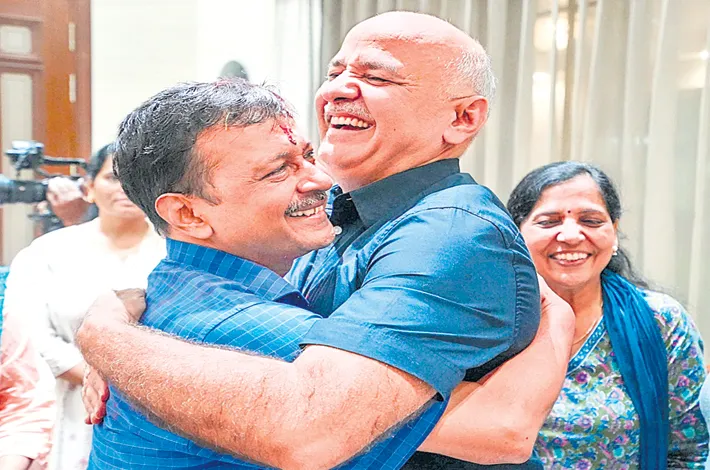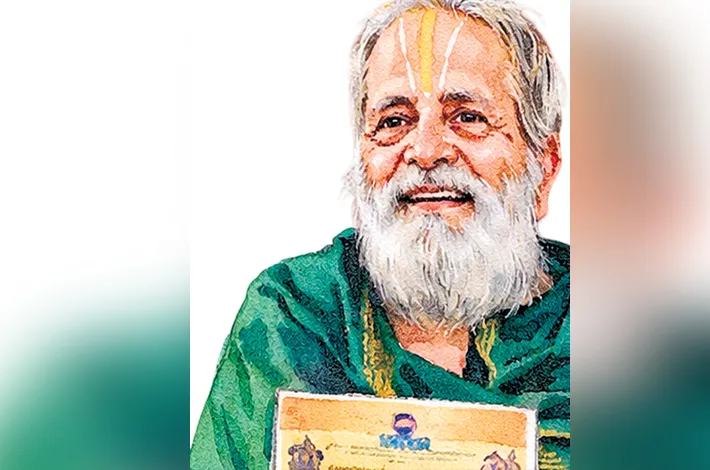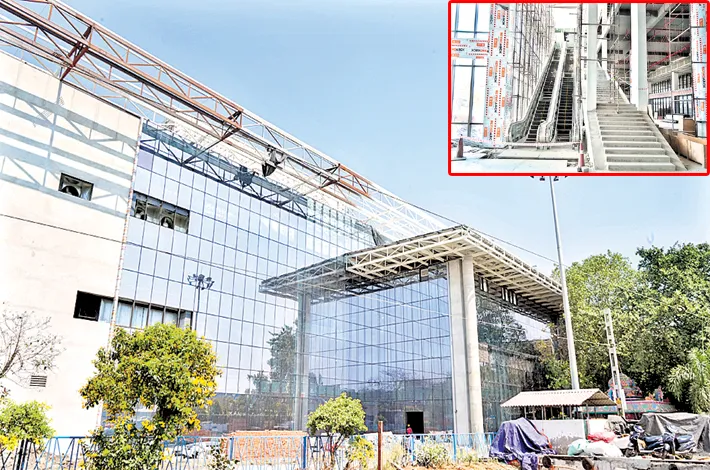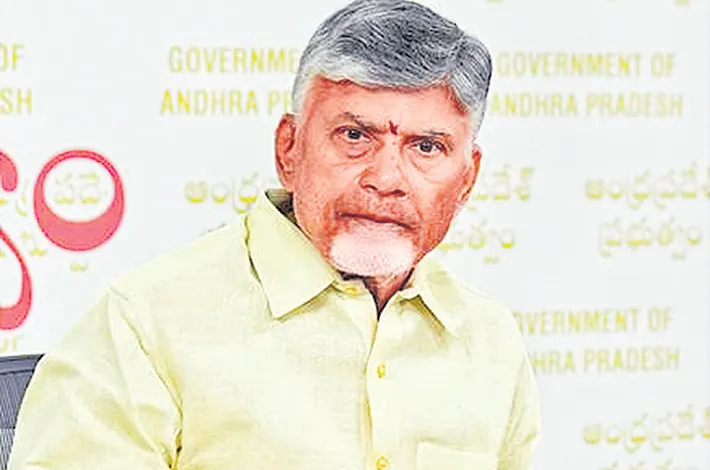Digital transfers rule the roost in J-Hills
10-11-2025 12:00:00 AM

metro india news I hyderabad
Gone are the days when money would be handed over surreptitiously. It is digital transfers now! As the public campaign ends and the microphones fall silent, digital transfers are making the rounds.
Political circles are abuzz with talk that major parties, desperate to secure victory, are preparing to lure voters with cash and gifts in covert ways. With traditional methods under strict surveillance, new-age tactics are reportedly emerging—particularly the use of digital transfers.
For years, the last-minute distribution of cash to households has been a common feature of Indian elections. However, sources claim that this time, some political groups are turning to technology to bypass monitoring systems. Instead of distributing physical currency, parties are allegedly transferring small sums directly to voters’ bank accounts through UPI and other digital payment platforms. This trend marks a new and sophisticated form of voter inducement.
Election officials and police now face a novel challenge. Tracking physical cash movement is relatively easier through flying squads and random vehicle checks. But detecting lakhs of small UPI transactions—each below reportable limits—poses a serious enforcement dilemma. Authorities have reportedly sought coordination with banks to identify suspicious patterns of fund transfers during this sensitive period.
Across the Jubilee Hills constituency, surveillance has tightened. Flying squads and static surveillance teams have spread across every street and colony. Vehicles are being checked round the clock, and special teams have been deployed to monitor cash flow, liquor distribution, and gift distribution attempts. Sources indicate that officials have flagged several bank accounts for monitoring after reports of unusual digital activity.
Observers say these 48 hours before polling are critical. While the polling day determines who votes, this silent period often influences how they vote. Analysts note that despite the Election Commission’s strict measures, political parties continue to devise ways to reach voters indirectly. How successful those efforts prove—and whether voters resist or succumb to the lure of money—will be known only when votes are counted on November 14.
In a constituency already known for its high-profile residents and intense political rivalry, the Jubilee Hills by-election now enters its most suspenseful phase. The battle has shifted from loudspeakers to mobile screens, from public rallies to private digital transfers. The question remains: will democracy go digital for the wrong reasons, or will the voter’s conscience prevail?








